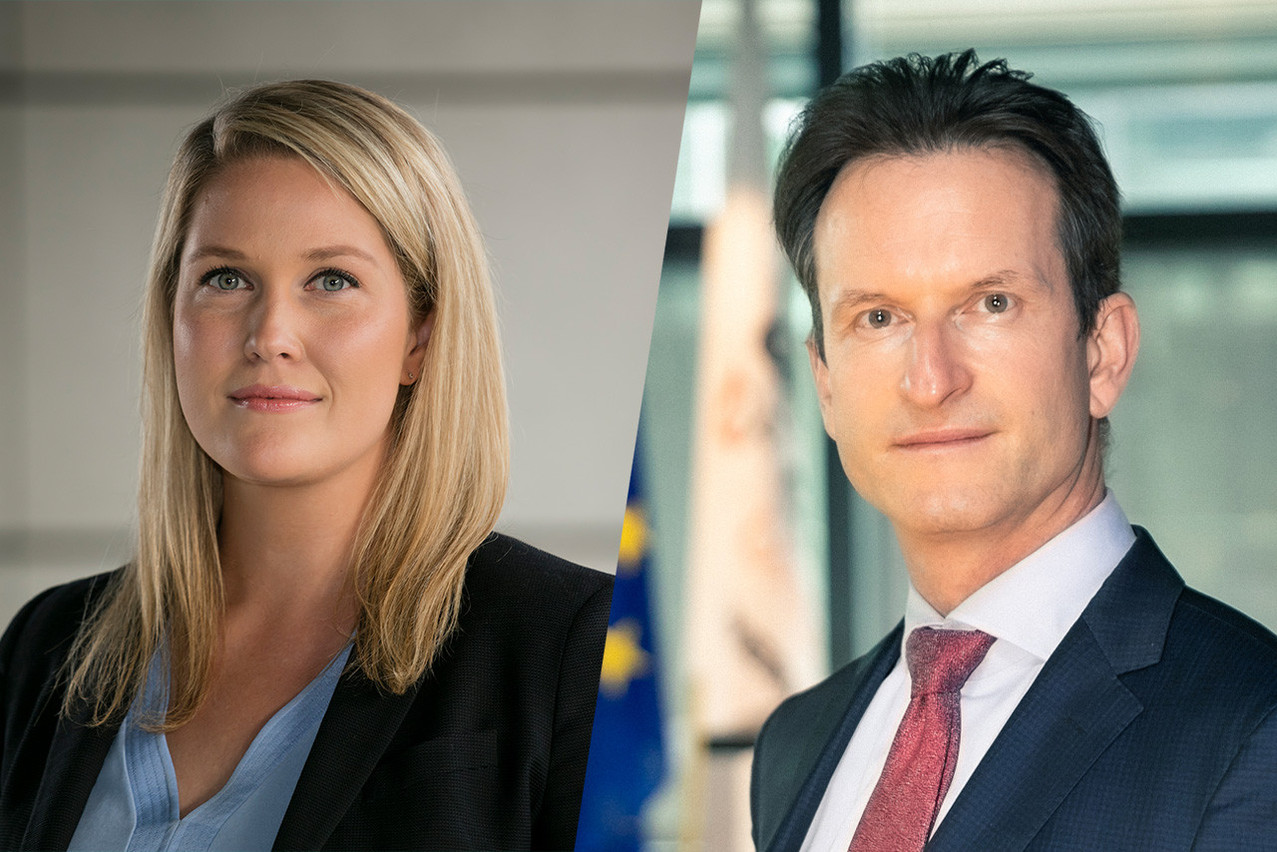With Bertrand Piccard, the Chamber of Commerce will welcome an international personality with a strong voice on Thursday. Piccard completed the first non-stop round-the-world balloon flight, and later achieved the same feat in a solar-powered plane called Solar Impulse, named after his foundation, which promotes clean technologies. It is also the foundation that took up the challenge of labelling 1,000 solutions to protect the environment, via the Solar Impulse Efficient Solution label. The objective has been exceeded, as there are currently 1,370 of them.
Forgetting the impasse promised by the advocates of degrowth
Piccard has long argued for a (re)conciliation of the environment and profitability. This view is extensively developed in his latest book “Réaliste”. In the pages of this book, he pleads for an end to self-flagellation and the belief that environmental preservation requires an accumulation of sacrifices.
"To believe that it is possible to motivate people of good will by cutting back on their comfort, mobility or standard of living is a battle lost in advance," writes Piccard. "Let's forget once and for all the impasse that the advocates of de-growth are promising us” with an obstinacy that borders on blindness. Especially since "solutions to get out of this supposedly inescapable fatality do exist.”
A discourse “which has also been ours since 2010 at least,” says Carlo Thelen, director of Luxembourg’s Chamber of Commerce. He was one of the founding members of sustainable development institute INDR in 2007. “Over the years, we have taken numerous initiatives to promote CSR [corporate social responsibility, editor’s note] in society and business. The IPCC report, the geopolitical situation, the depletion of natural resources... companies have known for a long time that they have to succeed in the energy transition, that they have to do better with less.”
Four pillars and 10 sustainable business principles
The CC2025 plan, or 2030.lu, is a reflection of this, as is the CSR strategy of the Chamber of Commerce, “which is based on four pillars: sustainable business (actions to guide and support businesses), community (partnerships and actions), people (contributing to the professional development of employees) and planet (facing environmental challenges).”
On this basis, a working group was set up including 150 representatives of pilot companies from the industry, transport and other sectors “but also finance, which is often forgotten, but which obviously carries a lot of weight,” explains Thelen. “The work carried out has resulted in 10 sustainable business principles intended for the business community to develop their business model by integrating sustainable development issues more systematically.”
Good examples already exist and will be used to feed action and methodological paths. They show that integrating sustainable development into one’s strategy, while developing one’s business model and profitability, is therefore possible.
The labels of the Solar Impulse Foundation should help to achieve this objective. “Luxembourg has seven of them, with the labels validated by the List [Luxembourg Institute of Science and Technology, editor’s note] for the Solar Impulse Foundation. Five will come to explain them [others will come from France or Belgium, editor's note], in the presence of the grand duke, after Bertrand Piccard's presentation and before a panel discussion with ministers Claude Turmes (déi Gréng) and Franz Fayot (LSAP),” explains Anne-Marie Loesch, head of business development & CSR at the chamber.
In conclusion, Thelen hopes that Piccard will convey two messages: “Firstly, that it takes time to succeed. Secondly, that nothing is free. This is true for companies, bosses, but also for each and every one of us.”
This story was first published in French on . It has been translated and edited for Delano.
